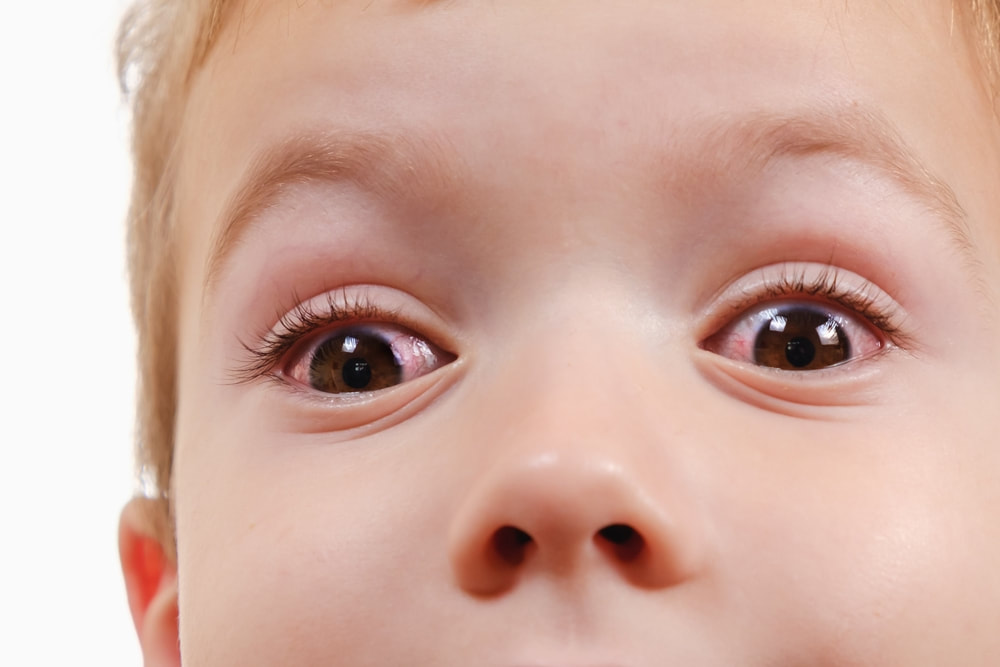Typically, symptoms resolve in about a week to 10 days. If symptoms last longer, it could be signs of a more serious infection. SymptomsSymptoms of pink eye can develop in one eye or both. Typical symptoms include:
CausesPink eye can develop due to different types of infections, including bacterial, viral, and fungal. In some cases, pink eye is not due to an infection. Instead, it is caused by an allergic reaction. TreatmentTreatment for pink eye usually involves reducing symptoms. If a bacterial infection occurs, your doctor may recommend antibiotics. Other types of treatment are not needed but may help ease discomfort. Treatment includes:
PreventionPink eye is very contagious, but there are ways to decrease becoming infected. Also, if you or a family member develops pink eye, there are steps to take that may prevent the infection from spreading. If you have a family member with pink eye, clean all surfaces they touch. Someone with pink eye that touches a surface can spread the infection. If another person touches the same surface and then rubs their eye, infection is possible. According to the American Academy of Ophthalmology, some forms of bacteria can live on a surface for up to two days. Viruses can hang around for a day or two on an object. This is why cleaning surfaces someone with pink eye touched is important. Additional ways to prevent getting and spreading pink eye include:
When to see a doctorAlthough most cases of pink eye do not cause significant problems, there are cases when you should see a doctor. Consider seeing a doctor in the following situations:
We are happy to answer any questions you have about pink eye or any other eye health topic. Also, if you would like to ask whether an appointment with one of our eye doctors would be appropriate at this time, call our office at 508-746-8600. Comments are closed.
|
EYE HEALTH BLOGCategories
All
Archives
July 2024
|
|
Kadrmas Eye Care New England
55 Commerce Way, Plymouth, MA 02360
14 Tobey Road, Wareham, MA 02571 133 Falmouth Road (Rt 28), Mashpee, MA 02649 |
Phone Number:
1-508-746-8600 Hours: Monday through Friday — 8 AM – 4:30 PM |


 RSS Feed
RSS Feed
